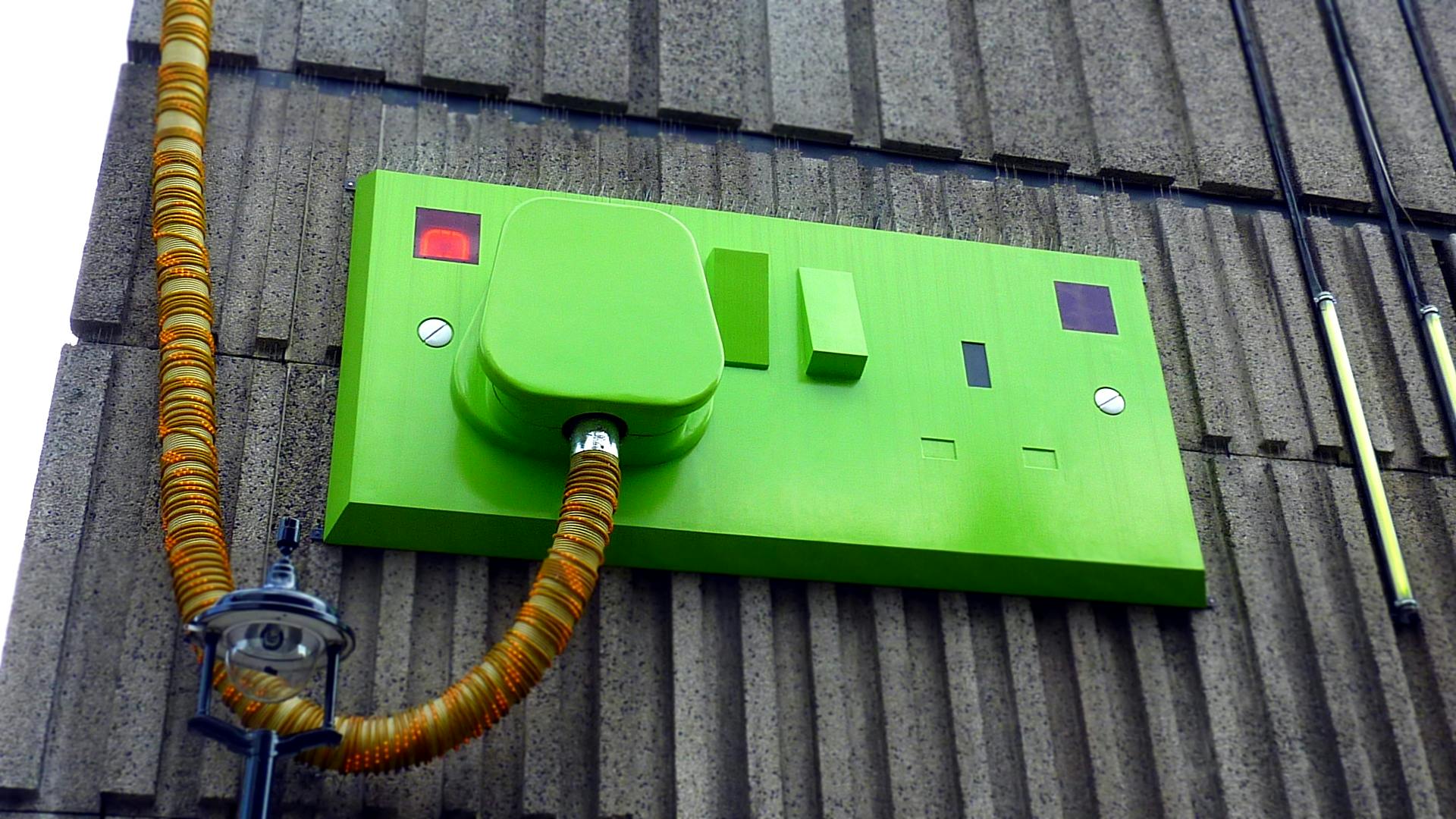At a glance
Having launched a suite of support for Non-Domestic Organisations (NDOs) to cope with rapid energy price increases, the Department for Energy Security and Net Zero (DESNZ) needed to conduct an independent evaluation to assess its implementation and impacts. IFF is leading a consortium including our partners at Technopolis Group and Cambridge Econometrics, bringing together expertise in large-scale data collection, contribution analysis and quasi-experimental analysis.
About the client
The Department for Energy Security and Net Zero (DESNZ) was formed in February 2023, taking on the energy portfolio from the former Department for Business, Energy and Industrial Strategy (BEIS). Its responsibilities include ensuring the security of the UK’s energy supply, meeting Net Zero commitments, and improving energy efficiency.
Challenges and objectives
In 2022, a combination of factors led to a dramatic increase in energy prices. Non-Domestic Organisations (NDOs – businesses, charities, public sector organisations) are not subject to a consumer energy price cap and, as such, were directly exposed to the volatility of the energy market. The Government introduced a suite of support schemes to shield non-domestic organisations from the worst of the energy crisis. This was a significant scheme in terms of financial investment, and the Department needed to commission a process and impact evaluation to assess whether the scheme was effective in its delivery, and had the desired impacts. There were several challenges associated with the evaluation, including the scale of data collection required, and the ability to isolate the impact of the schemes in an environment where all NDOs were eligible, and where a range of other schemes are operating to support businesses beyond the energy sphere.

Solution
The requirement called for a mixed methods approach, both in terms of data collection and analytical framework. IFF are leading the evaluation, with a large-scale programme of qualitative and quantitative data collection across a range of audiences sitting at its centre. However, the overarching evaluation design called for expertise in both Contribution Analysis (CA) and Quasi-Experimental Methods (QEM). We therefore partnered with Technopolis Group and Cambridge Econometrics who would lead on each of these respectively. We have worked with both organisations in the past, including successful delivery for DESNZ. Partnering with Technopolis and Cambridge meant that we could provide the Department with all of the expertise they required in one team, led by IFF Research.

“We have partnered with IFF on four government commissioned large programme evaluations. I have been impressed with how they have consistently met high response rate targets for surveys of both households and businesses, as well as their collaborative and professional approach to project management.”
Fraser Macleod,
Partner, Technopolis Group
Impact
In terms of the implementation of support, this was positively received by recipients. The unprecedented pace at which the schemes needed to be delivered to present some issues, particularly for suppliers. For NDOs, the support was generally considered to have arrived at the right time. However, in terms of the monetary value, the majority of recipients of each scheme felt the support was too low. We expect to more accurately observe the extent of impacts in future stages of the evaluation; however, there is moderate evidence to suggest that the support contributed to mitigating rises in Producer Price Indices (PPI) and Consumer Price Indices (CPI) of inflation. There is also some evidence to suggest the support contributed towards mitigating insolvencies, particularly for small businesses where energy bills may constitute a relatively high proportion of operating costs.

